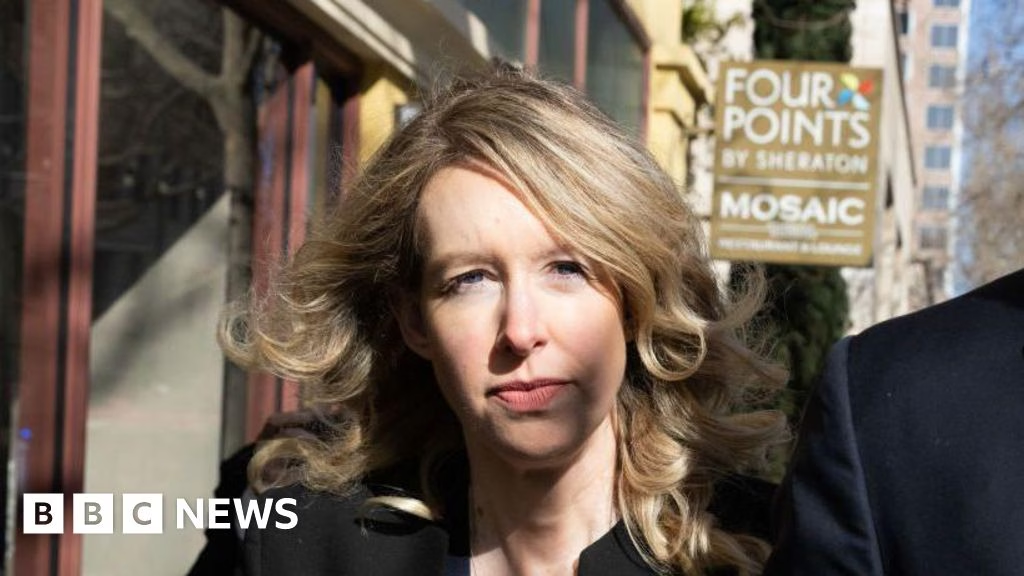Elizabeth Holmes, the founder and former CEO of Theranos, has failed in her appeal against her conviction for defrauding investors in her blood-testing company.
She was sentenced to more than 11 years in prison.
In her appeal, Holmes challenged the trial evidence and testimony, arguing that statements by her former business and romantic partner, Ramesh “Sunny” Balwani, about his level of responsibility for Theranos’ financial model should have been included. Balwani was imprisoned for over 12 years.
The Ninth Circuit Court of Appeals dismissed her arguments.
Judge Jacqueline H Nguyen stated that Theranos’s claim of being able to run blood tests with a drop from a finger prick rather than a needle in a vein was “nothing more than a mirage.”
According to Nguyen, “The grandiose achievements touted by Holmes and Balwani were half-truths and outright lies.”
Holmes was found guilty in 2022 of conspiracy and multiple counts of wire fraud for misleading investors about the company’s financial health and the efficacy of its technology.
Balwani, who was charged separately and found guilty of defrauding patients in 2022, also lost his appeal.
Both challenged a court order to pay $452m (£358m) in restitution to victims, but the court upheld this.
In Holmes’s appeal, she argued that statements from Balwani where he said he “owned” the company’s financial model should have been included in the trial. The appeal also argued that former Theranos employees had given improper expert testimony and that a government inspection report should not have been considered as evidence. All of these arguments were dismissed by the court.
Theranos, a Silicon Valley start-up, was once valued at $9bn (£7bn).
However, in late 2015, investigative reporting revealed internal issues within the company and exposed the limitations of its technology. Following a two-and-a-half-year investigation, a grand jury indicted Holmes and Balwani, resulting in their convictions and sentences.
Holmes entered prison in Texas in 2023.








